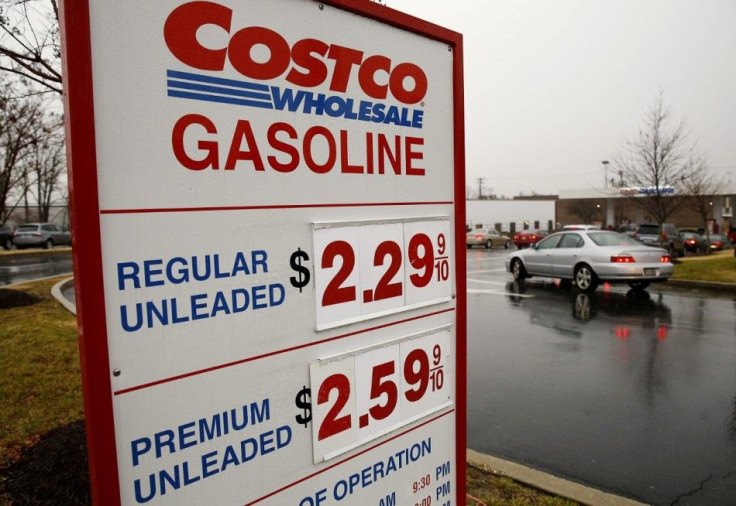US Urged To Remove “Outdated Oil Export Ban”: Harvard Study Calls Its Missed Economic Opportunity

A Harvard study has urged the United States to lift its age old oil export ban and described the embargo as a missed economic opportunity. The new study conducted by Harvard Business School and the Boston Consulting Group, while urging the U.S. government to lift the embargo. highlighted its positive aspects such as opportunity in the “responsible development of America’s unconventional oil and natural gas resources," called for an early reversal of the policy.
Calling the present curbs as “outdated restrictions on gas and oil exports,” the report noted that “with abundant resources, restrictions on exports created in response to the 1970s’ energy crises are now unwarranted and exports would boost U.S. economic and job growth and benefit friendly nations."
The Harvard study made an emphatic assertion that unconventional gas and oil resources are perhaps the single largest opportunity to improve the trajectory of the U.S. economy, at a time, the prospects for average Americans are looking weaker than ever. The study, “America’s Unconventional Energy Opportunity,” also puts out an agenda for action with a “win-win” strategy that is laced with policy recommendations in enhancing U.S. competitiveness, minimising environmental footprint of shale development and leveraging resources to make a transition to a lower carbon future.
National Revenues
The study joins a growing body of research, urging the removal of ban on crude oil exports in seizing its economic opportunity while strengthening the geopolitical standing in the world. The report argues that the oil export ban is completely unjustified as the ban has been based on the circumstances that prevailed in the 1970s, which no longer exist now.
Noting the detrimental effects of the ban on crude exports to many countries with reduced market opportunities and sans any benefits to America or Americans, the Harvard study said, the eraly lifting of the ban on oil exports, will help the U.S to add $23 billion extra to the GDP and 125,000 new jobs, by 2030.
Grand Opportunity
"Our energy resources have given the U.S important new diplomatic tools that can aid allies and counteract the ability of unfriendly countries to use oil and gas access to achieve political aims," noted the research authored by Harvard Business School Professor Mark Porter and Boston Consulting Group's David Gee and Gregory Pope. It reiterated that the ban on crude exports is only reducing market opportunities and hitting the U.S growth, without giving any offsetting benefits for America or Americans. The study also recommended several steps that can be taken by the U.S to leverage the fracking boom.
(For feedback/comments, contact the writer at k.kumar@ibtimes.com.au)





















